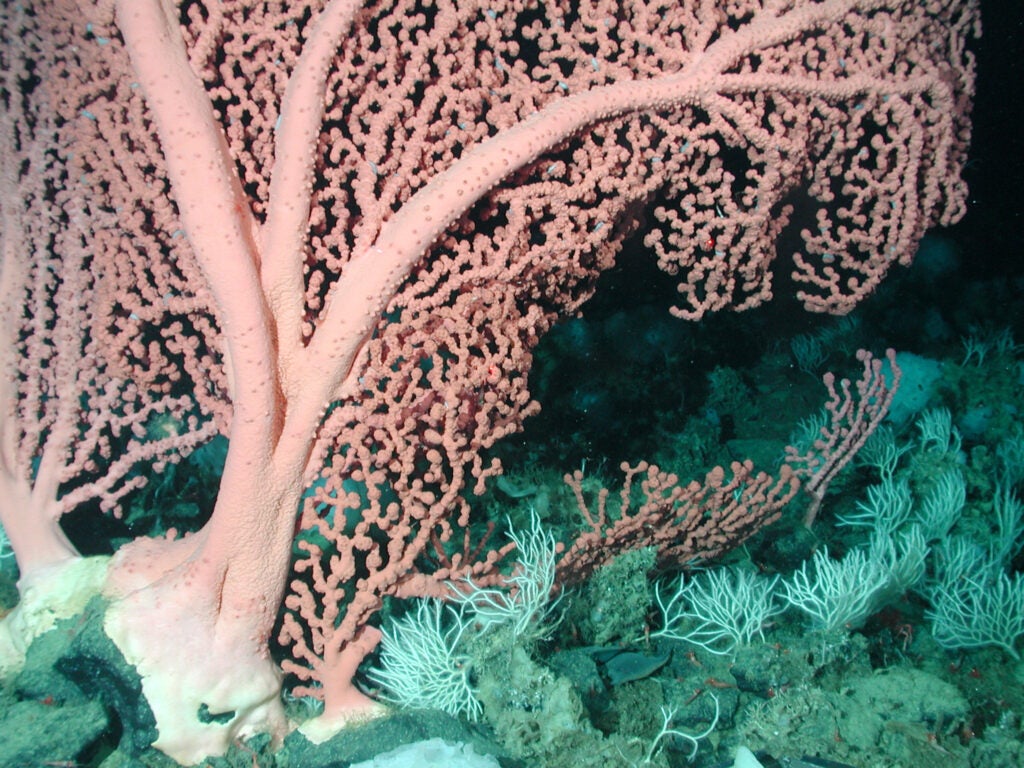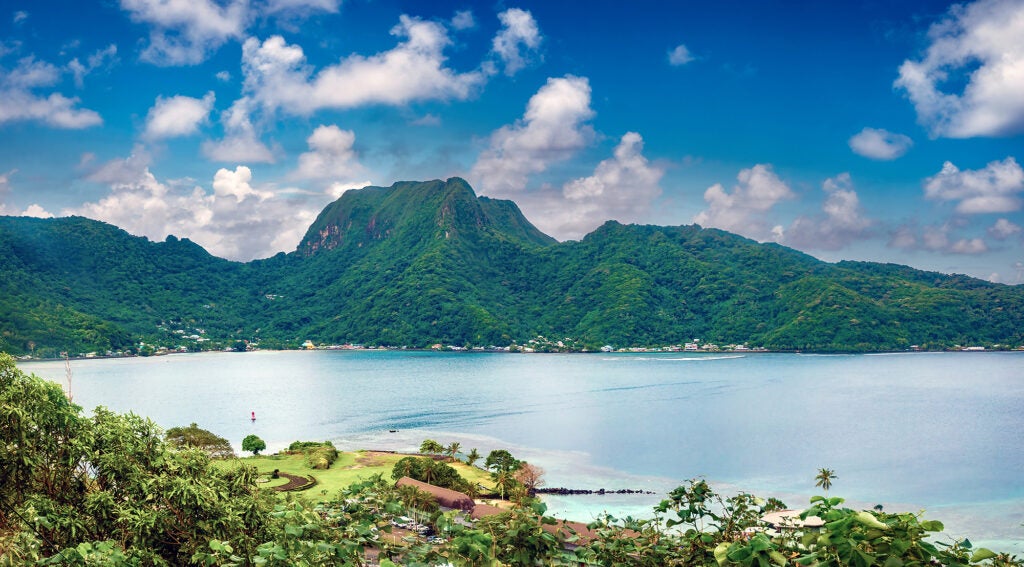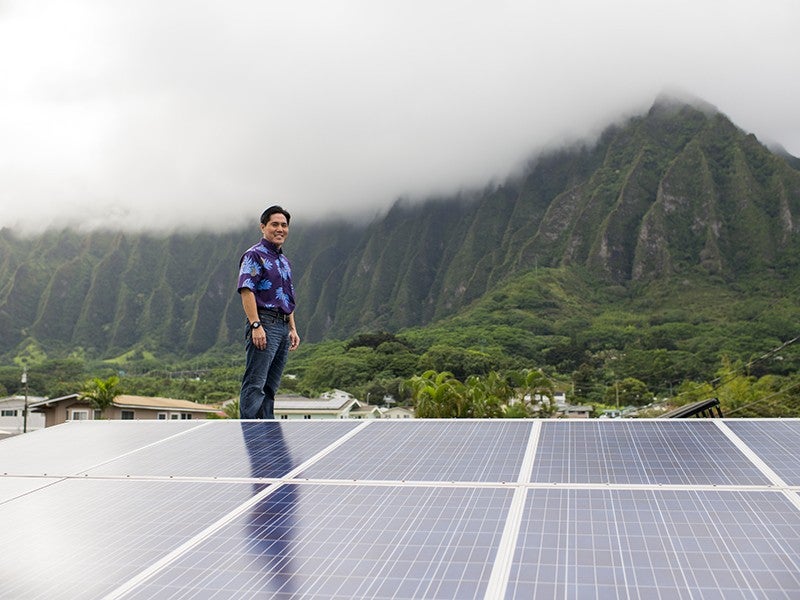(808) 599-2436
Honolulu, HI
mpoffice@earthjustice.org
Media Inquiries
Miranda Fox
Public Affairs and Communications Strategist
mfox@earthjustice.org
Legal Assistance Inquiries
Contacto de Prensa
Robert Valencia
Estratega de Comunicaciones y Asuntos Públicos Hispanos/Latinos
rvalencia@earthjustice.org
Located in Honolulu, Hawaiʻi, Earthjustice’s Mid-Pacific office has worked for more than 30 years to safeguard a natural and cultural heritage unique to Hawaiʻi and the greater Pacific region.
Our Impact
The Mid-Pacific office’s campaign for the storied places and communities in our region includes:
Water as a Public Trust, Not Private Property
We’ve spent decades fighting to reclaim Hawaiʻi rivers and streams drained dry for over a century by plantation companies. Our efforts established a widely renowned precedent that water is a public trust, not private property — a tool we continue to use in our ongoing campaign to uphold public and Native Hawaiian rights to flowing water. Water is the lifeblood of the land and Native Hawaiian culture. It’s not just a resource — it’s life.
Protecting the “Endangered Species Capital”
Soon after the Mid-Pacific office opened its doors, we won Endangered Species Act protections for almost 300 native species that were being destroyed by invasive species brought to our islands by humans.
Since that time, we’ve continued our work protecting Hawaiʻi’s native wildlife and habitats — by reducing the longline fishing industry’s toll on marine mammals, turtles and seabirds, challenging Navy sonar and explosives training that can kill whales and dolphins, safeguarding the health of reef ecosystems, and more.
Launching a Clean Energy Revolution
We’ve helped to fuel the clean energy boom in Hawaiʻi, building a model for the nation and world. We’ve worked to remove technical and policy barriers to clean energy adoption, boost the market through innovative programs and transformative reforms, and promote the shift to a 100% clean and equitable energy grid of the future.
Highlights of our work:
- We established the landmark Hawaiʻi Supreme Court precedent that water is a public trust in the Waiāhole Ditch case on Oʻahu, and built on that precedent in restoring flows to rivers and streams on Maui and Kauaʻi.
- We took our case challenging Maui County’s pollution of a once-pristine reef to the nation’s highest court and won. In a 6-3 decision, the U.S. Supreme Court solidified the Clean Water Act’s place as one of our nation’s most effective environmental laws.
- We protected endangered sea turtles and false killer whales from life-threatening practices in the Hawaiʻi-based longline fishery; marine mammals from the use of Navy sonar and explosives; seabirds from power lines and light attraction; tropical fish extracted and sold by the aquarium trade; and more.
- We ended military live-fire training in Mākua Valley on Oʻahu — which threatened scores of endangered species and cultural sites, including ancient temples. Mākua Valley is sacred to Native Hawaiians, many of whom believe it to be the birthplace of their people.
- We won a historic Hawaiʻi Supreme Court ruling protecting traditional and customary rights in the “PASH” case, in which we represented Native Hawaiians fighting to protect their subsistence gathering rights against a developer planning a huge destination resort and golf course.
- We helped to build Hawaiʻi into a world leader in rooftop solar, and defeat the proposed takeover of Hawaiian Electric by NextEra and the plan to switch the utility to imported gas.
- We upheld the Hawaiʻi solar water heating mandate and halted plans to promote residential gas use in major new subdivision developments.
- We continue to help Hawaiʻi make progress toward its 100% renewable energy mandate by engaging in precedent-setting Hawaiʻi Public Utilities Commission proceedings to advance path-breaking reforms of utility regulation to a performance-based system; expand customer access to distributed energy resources like rooftop solar; and accelerate the shift from fossil fuels to clean energy.



